Colleagues with an interest in the Heath, Wellbeing and Ageing research theme, may be keen to hear details of this conference which is taking place locally on 12st August. Registration is required this week!

Mind Your Head Conference
Date/Time
Date(s) – 12 Aug 2012 10:30 AM – 3:30 PM
Location
Kingston Maurward College
Discover how to increase your mental potential, improve your memory and enhance the well-being of your mind at this unique event.
You only have one mind and its well-being is intrinsically linked to the success of your future. By taking care of your mind now, you can maintain its vitality for longer. As a business owner, manager, student or individual, you need your brain to be working at its full potential to cope with the pressures and vast amounts of information of every day life.
£95 – Pay by PayPal or card
Businesses are built on brain power, so it is vitally important that you make the best use of this most important asset. If you increase the mental potential in your business by engaging your team emotionally and mentally, then you can gain a competitive edge.
This amazing conference is for anyone who wants to take a pro-active approach to maintaining and enhancing the phenomenal power of their own or their employees’ brains.
It brings four internationally renowned speakers to Dorset. They will deliver their expertise on how you can increase your mental potential and wellbeing. Tony Buzan will also dispel some of the myths about the ageing brain and encourage a more positive attitude to those working in their later years.
The conference will be chaired by Valerie Singleton
Speakers:
Tony Buzan: Older, Better and Still Working Brain
Creator of Mind Mapping and Founder/ President of The Brain Trust Charity
Dominic O’Brien: How to Unleash Your Memory
Eight times world memory champion
Wayne Bennett: The Benefits of Lifelong Learning
Director of Dillington House and Chair of ARCA
Leontxo Garcia: Chess, the Best Gym for the Mind
Spanish journalist, researcher, lecturer and Chess Master
TICKETS : Just £95 inclusive of conference, buffet lunch and entry to the Showcase.
Group discount for tickets are available on request. Ring 01305 261540
BOOK NOW TO AVOID DISAPPOINTMENT.
Fund Raising Event
Proceeds will be used to sustain the voluntary community project Mind Your Head Challenge, which is enabling older people to stay more mentally active. Dementia is estimated to increase by 93% in West Dorset by 2020. This is 23% higher than the UK average. Research suggests that the more brain cells are stimulated the impact of dementia can be reduced. For more detail, please visit www.mindyourheadchallenge.org.uk
As an attendee of the Conference, you will have access to the Mind Your Head Challenge Showcase, which is running alongside the conference and demonstrates a wide range of mind stimulating activities available in Dorset. This includes a special simultaneous Chess competition between Raymond Keene, OBE, Chess Grand Master and twenty local chess players.
If you can’t come to the conference, you could bring your family to the Showcase. Price is £3 per person on the day.
 Sarah’s work to date has explored the cognitive presentation and treatment of face processing deficits in adults and children with a range of neuropsychological conditions, such as developmental or acquired prosopagnosia (face blindness), autistic spectrum disorder, and Moebius syndrome. The Face Centre was launched in response to the large amount of media attention generated by Sarah’s research. After Sarah’s work was featured in The Guardian newspaper and in a BBC1 documentary last year, she has been contacted by over 700 people who believe they have prosopagnosia and would like to participate in her research. Given that most investigations into prosopagnosia to date have examined relatively small numbers of cases, Sarah now has the unique opportunity to develop large-scale academic and societal impact by having the resources to test this large patient group.
Sarah’s work to date has explored the cognitive presentation and treatment of face processing deficits in adults and children with a range of neuropsychological conditions, such as developmental or acquired prosopagnosia (face blindness), autistic spectrum disorder, and Moebius syndrome. The Face Centre was launched in response to the large amount of media attention generated by Sarah’s research. After Sarah’s work was featured in The Guardian newspaper and in a BBC1 documentary last year, she has been contacted by over 700 people who believe they have prosopagnosia and would like to participate in her research. Given that most investigations into prosopagnosia to date have examined relatively small numbers of cases, Sarah now has the unique opportunity to develop large-scale academic and societal impact by having the resources to test this large patient group.
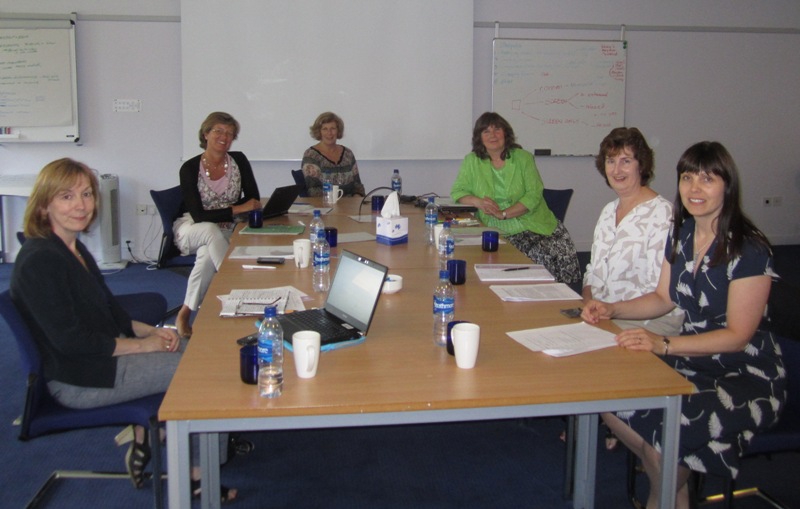

 The Health, Wellbeing and Ageing Research Theme invite BU staff and students interested in Wellbeing and Ageing to consider joining the
The Health, Wellbeing and Ageing Research Theme invite BU staff and students interested in Wellbeing and Ageing to consider joining the 




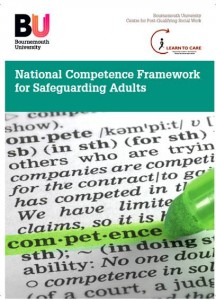
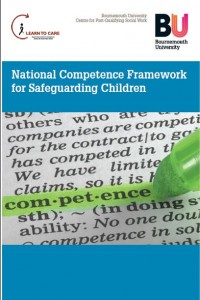


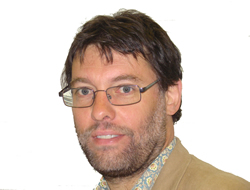
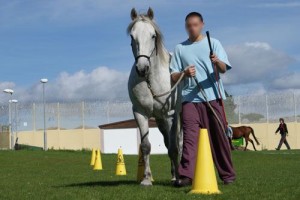
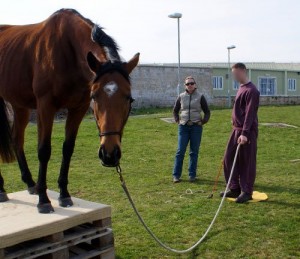 One of the participants has commented: “”I’ve been on anger management courses, alcohol courses, things like that – this is much different, you’re learning it physical, not mental if you know what I mean. It’s helped me more, without a doubt. I don’t like talking. …Normally, with other courses you’re in a group of people… you have to talk about your issues and things like that, but here you get it out in a different way, you’re doing physical things not just talking. I’ve been doing that since I was 6 years of age and it’s never worked. I learnt a lot about myself. I can actually do things. I always say I can’t but I can.”
One of the participants has commented: “”I’ve been on anger management courses, alcohol courses, things like that – this is much different, you’re learning it physical, not mental if you know what I mean. It’s helped me more, without a doubt. I don’t like talking. …Normally, with other courses you’re in a group of people… you have to talk about your issues and things like that, but here you get it out in a different way, you’re doing physical things not just talking. I’ve been doing that since I was 6 years of age and it’s never worked. I learnt a lot about myself. I can actually do things. I always say I can’t but I can.”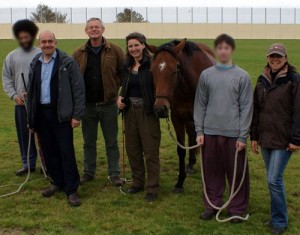











 Nursing Research REF Impact in Nepal
Nursing Research REF Impact in Nepal Fourth INRC Symposium: From Clinical Applications to Neuro-Inspired Computation
Fourth INRC Symposium: From Clinical Applications to Neuro-Inspired Computation ESRC Festival of Social Science 2025 – Reflecting back and looking ahead to 2026
ESRC Festival of Social Science 2025 – Reflecting back and looking ahead to 2026 3C Event: Research Culture, Community & Cookies – Tuesday 13 January 10-11am
3C Event: Research Culture, Community & Cookies – Tuesday 13 January 10-11am Dr. Chloe Casey on Sky News
Dr. Chloe Casey on Sky News ECR Funding Open Call: Research Culture & Community Grant – Application Deadline Friday 12 December
ECR Funding Open Call: Research Culture & Community Grant – Application Deadline Friday 12 December MSCA Postdoctoral Fellowships 2025 Call
MSCA Postdoctoral Fellowships 2025 Call ERC Advanced Grant 2025 Webinar
ERC Advanced Grant 2025 Webinar Horizon Europe Work Programme 2025 Published
Horizon Europe Work Programme 2025 Published Update on UKRO services
Update on UKRO services European research project exploring use of ‘virtual twins’ to better manage metabolic associated fatty liver disease
European research project exploring use of ‘virtual twins’ to better manage metabolic associated fatty liver disease